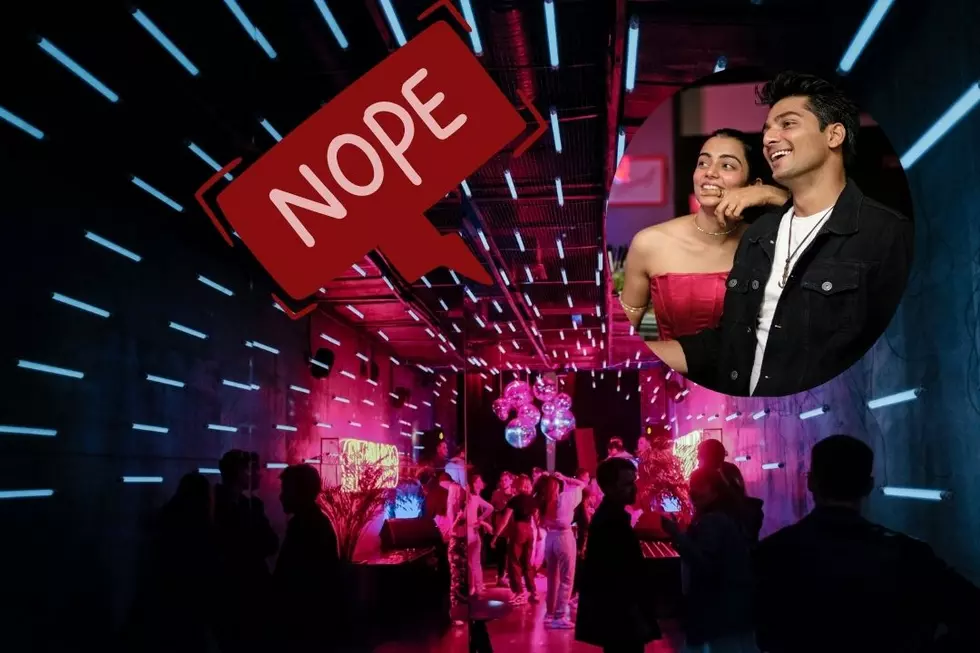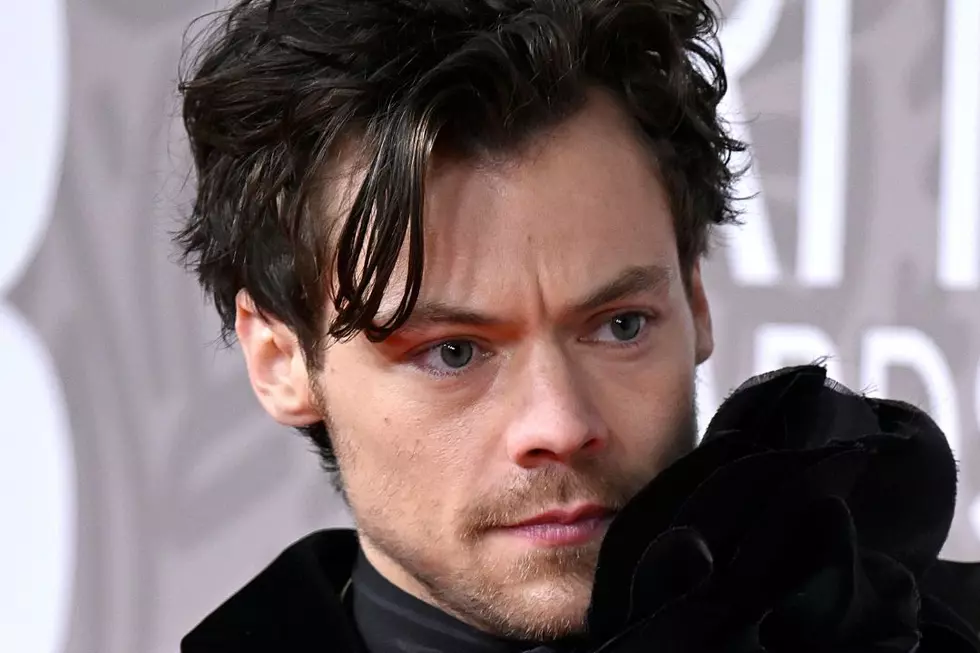
Is a Focus on Feminism Enough to Redeem ‘UnREAL’s Racial Missteps in Season 3?
When it premiered in 2015, UnREAL burned fast and bright, blazing through a rapturous first season before imploding in its second. Now nearly two years after it last aired — and with its third showrunner to date — the series returns for Season 3 with its sights set on redemption. But whether or not it can bounce back boils down to one lingering question: Can it recover from the racial miscues that derailed its momentum, or has it veered too far off course?
It's first worth mentioning that UnREAL was never a ratings magnet, but it was, in Season 1, a critical darling. A network-upending departure from Lifetime's usual slate of schmaltzy, twist-rich soaps, it was both unexpected and bold, a barbed Bachelor takedown that simultaneously played into the artifice of on-screen dating and pointedly exposed it. For reality TV enthusiasts, it had cliffhanger appeal and real-life scandal (co-creator Sarah Gertrude Shapiro was a producer on The Bachelor for three years, and privy to much of its behind-scenes trickery). For skeptics, it had sly satire and timely storylines on things like mental health and gender equity, adding weighted intrigue to an oft-airless genre and pushing the definition of "hate watch" to new bounds.
But in its bloated second season, the series overreached, swinging big but bungling the follow through. In an initially promising story arc, Everlasting cast a black suitor — something The Bachelor franchise had, at that point, failed to do itself. But cut to a producer-engineered traffic stop ending, predictably, with a police officer shooting a black man, and UnREAL had become no better than the very show it sought to mock. What could have been an opportunity to probe black trauma or say something meaningful about race relations was instead used as a conduit by which to view white guilt, reducing its black stars to baited pawns for high-stakes drama.
In trying to mimic The Bachelor's oft-exploitative shock value, UnREAL actually fell into the same trappings, becoming less a clever riff on reality TV and more a scripted ripoff, shameless and self-parodic. Case in point, when The Bachelor franchise finally chose its own black lead — Season 13 Bachelorette Rachel Lindsay — it unsurprisingly followed suit, pitting a white man against a black man during a racially tense one-on-one date. It was life imitating art in the worst kind of way.
UnREAL's writers did, for their part, seem to take the resulting criticism to heart. Shapiro told The Hollywood Reporter in 2016 that, in retrospect, it "wasn't [their] story to tell," and, more recently, that they had learned from the experience, even if it hadn't much affected their approach. Season 3, though, will be the true test for whether or not those lessons sunk in.
Based on early reviews, it appears the series is doubling down on the feminism that helped make Season 1 a hit, and in theory, that's the right move; They're staying in their lane. Parsing the nuances of what it means to be a woman in the workplace is something UnREAL has always done well, and in the wake of movements like #MeToo and #TimesUp, it carries newfound power. Female stories are also underserved by television, and turning the camera behind scenes — whether to poke fun at the archaic dating rituals of shows like The Bachelor or take aim at Hollywood misogyny— is valuable, especially since UnREAL seems to be doing so with such a layered understanding. As Shapiro told THR:
"The message, to me, is that feminism is complicated, and we should have compassion for each other. If your form of feminism is that you want to get a fucking ring on it, whatever. We should have your back. And if it means you want to be alone forever and run a cat shelter, that is beautiful and we should have your back .... For me it really is just sort of about the holistic universe of our women just finally saying, this is really fucking complicated, and we're all in a lot of pain."
This season will introduce Everlasting's first female "suitress," an Elon Musk-esque tech magnate fed up with men being intimidated by her success and ready to find love. But while that certainly opens the door to needed reflections on gender politics, there's still a sense of responsibility to the communities the show has already disserviced. They can't just pack Season 2 in a box and label it a bad experiment; It's just as offensive to co-opt black pain only to discard it as it is to get it so outstandingly wrong.
That's not to say the UnREAL team should revisit the issue — they still aren't the right people to tell that story — but they could hire more writers of color, diversify their viewpoint, approach race from a more appropriate angle and with authentic perspectives. The world of UnREAL might not be the right place to explore police brutality, but race is very much a part of modern dating, something that The Bachelor not only tends to neglect, but is in fact one of its biggest blind spots. A good satire would lean into those oversights; a mediocre one would shrink away.
Certainly, UnREAL can regain some of its early magic and make for perfectly fine, even must-watch television. But until it does the conversation it started a bit of justice — including women of color in its feminist dialogue, for example, would be a fitting entry point — it can't advance much further than The Bachelor, using race to check a box then moving on to easier storylines. Can UnREAL recover? Sure. But redemption, that takes more.
PopCrush Presents: The New A-List
More From PopCrush









